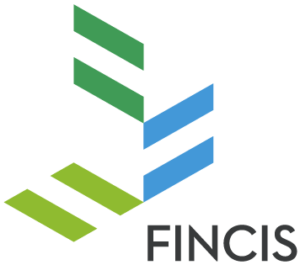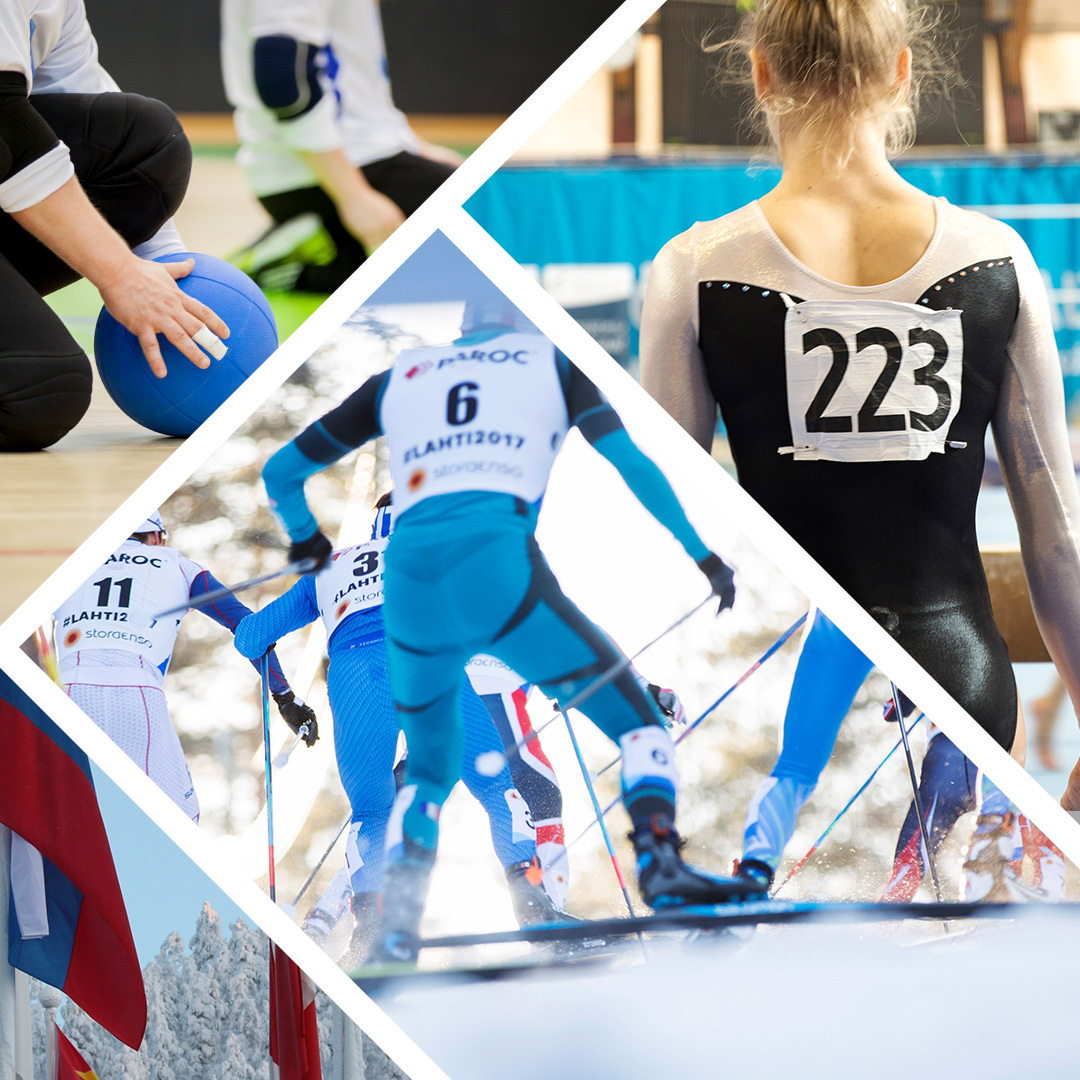Finland’s Anti-Doping Code 2021 obliges sports organisations to draw up anti-doping programmes and to implement, evaluate and, if necessary, update them. FINCIS supports organisations in the preparation of programmes and reports on their implementation to the Ministry of Education and Culture, where the evaluations are taken into consideration when granting state subsidies for sports organisations. In addition to the anti-doping programme, sports organisations are required to take measures to prevent manipulation of sports competitions. Together, these Fair Competition programmes form a part of the responsibility programme of the entire Finnish sports community.
Criteria for anti-doping programmes
In 2021, FINCIS, together with pilot organisations, developed criteria for Fair Competition programmes for sports organisations which define the framework for the anti-doping programmes of the sports organisations. The criteria are designed to help organisations plan and implement their own programmes.
The criteria take into account the obligations of sports organisations contained in national and international agreements and collect all the issues referred to in the various codes and agreements, both in terms of anti-doping activities and manipulation of sports competitions. In addition, international sports federations may have other requirements. The anti-doping programme criteria are updated at the same pace as the World Anti-Doping Code (the previous criteria were published in 2009 and 2015).
Organisations draw up their own programmes on the basis of the criteria. An organisation can choose the method of implementation, i.e. whether to draft the programmes into one single entity under the Fair Competition programme or as two separate programmes.
Key highlights
Codes and agreements:
- The organisation is committed to Finland’s Anti-Doping Code, and the disciplinary rules include the disciplinary procedures required by the Anti-Doping Code for inappropriate behaviour towards doping test staff and refusal to co-operate;
- The licensing systems of athletes cover the issues required by the Anti-Doping Code;
- Athletes and other actors have separate anti-doping agreements.
Training:
- The organisation must have a concrete plan for fulfilling training obligations (what, to whom and how often);
- The organisation monitors the implementation of training obligations;
- The organisation has appointed a responsible person who coordinates anti-doping education and training sessions and who participates in training events organised by FINCIS.
Communications:
- The organisation’s website contains information on the topic, a link to KAMU, ILMO and online training. Anti-doping is annually featured in the organisation’s communications. The organisation must ensure that information related to anti-doping matters is communicated to the appropriate parties actively and without undue delay regarding possible updates.
- The organisation’s person(s) responsible shall attend the federation events organised by FINCIS, where the topic is discussed.
- The organisation has a crisis communication plan that takes into account crisis communication in the event of a possible doping case and/or suspicion.
Doping control:
- The organisation shall appoint a doping control contact person;
- The organisation must co-operate with FINCIS in the implementation of doping control, for example, by submitting necessary information and investigating anti-doping rule violations;
- The organisation must inform the competition organisers about their obligations;
- The organisation must be aware of the Therapeutic Use Exemption practices of both national- and international-level athletes and provide information about the exemption procedure through its own channels. The organisation shall appoint a contact person to instruct athletes on matters related to the Therapeutic Use Exemption.
Publication of programmes
FINCIS will comment on the organisations’ plans before they are approved by the Board of Directors. The organisations shall publish their programme on their website and communicate about its content and implementation.
FINCIS publishes on its website all programmes that meet the accessibility requirements. This way, other organisations can find good ideas and new ways of working that they can also implement in their own programmes.
In addition, FINCIS publishes on its website a list (PDF file) of organisations covered by the programme.
Commenting on programmes
FINCIS evaluates the programmes of sports organisations and their implementation every 3 to 4 years. The evaluation shall take into account the specific characteristics of the sport in question and emphasise both the design and the implementation of the programme. FINCIS reports the results to the Ministry of Education and Culture. The results of the evaluation can be used in connection with deliberations on state subsidies for sports organisations.
The Ministry of Education and Culture may ask FINCIS to evaluate the organisation’s anti-doping programme and its implementation also in case of an anti-doping rule violation. If the organisation has met its obligations, the Ministry of Education and Culture will not impose financial sanctions on the organisation for the violations.
Learn more about the criteria for prevention of manipulation of sports competitions programmes.



